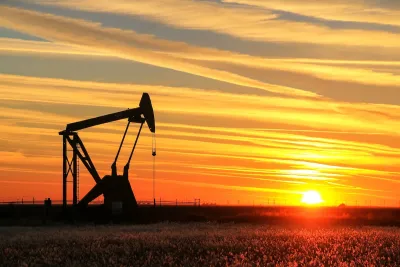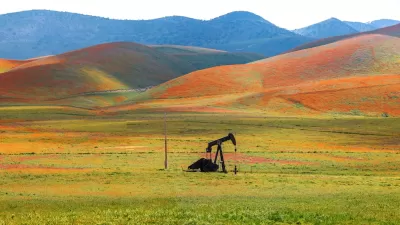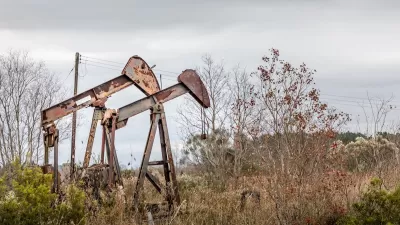Abandoned and orphaned oil wells in West Texas are causing costly environmental hazards like sinkholes and leaks, prompting urgent calls for increased funding and regulation to address a growing statewide and national crisis.

The Permian Basin in West Texas is facing growing environmental and public health hazards due to the increasing number of abandoned and improperly sealed oil wells. These aging wells, remnants of over a century of drilling activity, are now causing sinkholes, blowouts, and persistent leaks. One dramatic example is the Kelton Ranch sinkhole, a 200-foot cavity that emerged beneath a plugged well, symbolizing the latent dangers scattered across the region. As reported by Haley Zaremba, these incidents are part of a larger pattern of environmental degradation caused by decades of insufficient well closure and oversight.
The financial toll of addressing these emergency well failures is mounting rapidly. In recent years, blowouts have flooded lands and required costly and time-consuming repairs—such as the $2.5 million fix in Crane County following a blowout in 2023. In response to the crisis, the Texas Railroad Commission has requested a $100 million budget increase to tackle the issue, representing a 72% jump in plugging funds. The commission acknowledges that both the frequency and expense of emergency wells have surged, illustrating what the Houston Chronicle calls a “problem simmering beneath the surface.”
Compounding the crisis is the presence of over 2 million orphan wells nationwide—wells that were never sealed and for which no responsible party remains. These sites are leaking hazardous substances like methane and benzene into nearby communities, with taxpayers left footing the bill. A proposed bill in Texas seeks to plug 150,000 inactive wells and improve regulatory accountability, but it has faced resistance due to concerns from small operators about the financial strain. Without urgent action, the environmental risks and costs are poised to escalate, further endangering both human health and ecosystems.
FULL STORY: Abandoned Oil Wells Pose Growing Risks in Permian Basin

Maui's Vacation Rental Debate Turns Ugly
Verbal attacks, misinformation campaigns and fistfights plague a high-stakes debate to convert thousands of vacation rentals into long-term housing.

Planetizen Federal Action Tracker
A weekly monitor of how Trump’s orders and actions are impacting planners and planning in America.

In Urban Planning, AI Prompting Could be the New Design Thinking
Creativity has long been key to great urban design. What if we see AI as our new creative partner?

King County Supportive Housing Program Offers Hope for Unhoused Residents
The county is taking a ‘Housing First’ approach that prioritizes getting people into housing, then offering wraparound supportive services.

Researchers Use AI to Get Clearer Picture of US Housing
Analysts are using artificial intelligence to supercharge their research by allowing them to comb through data faster. Though these AI tools can be error prone, they save time and housing researchers are optimistic about the future.

Making Shared Micromobility More Inclusive
Cities and shared mobility system operators can do more to include people with disabilities in planning and operations, per a new report.
Urban Design for Planners 1: Software Tools
This six-course series explores essential urban design concepts using open source software and equips planners with the tools they need to participate fully in the urban design process.
Planning for Universal Design
Learn the tools for implementing Universal Design in planning regulations.
planning NEXT
Appalachian Highlands Housing Partners
Mpact (founded as Rail~Volution)
City of Camden Redevelopment Agency
City of Astoria
City of Portland
City of Laramie





























